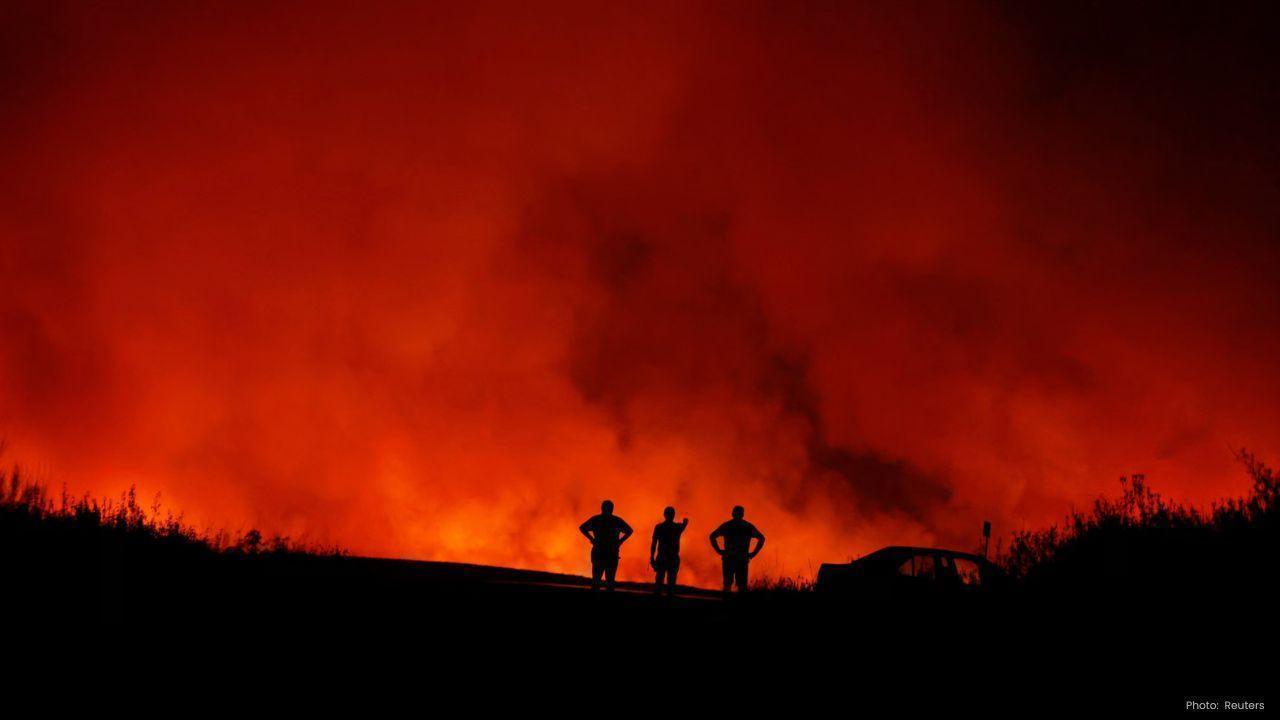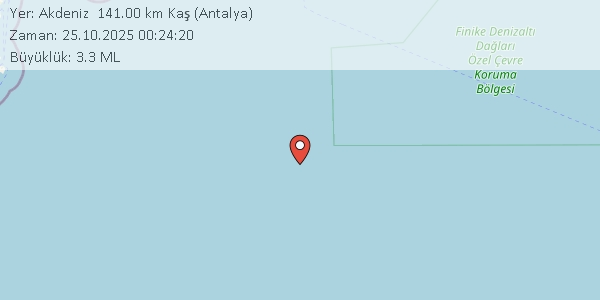
Introduction
Wildfires in Spain have reached alarming levels this year, exacerbated by climate change and extreme weather conditions. As one of Europe’s most picturesque countries, Spain is not only grappling with the destruction of vast forests and wildlife but also facing significant impacts on tourism and local economies. The recent surge in wildfire incidents serves as a stark reminder of the increasing frequency and intensity of such natural disasters globally.
Current Situation
As of September 2023, multiple regions across Spain, including the Canary Islands and parts of Andalusia, have been ravaged by wildfires. According to data from the European Forest Fire Information System (EFFIS), over 150,000 hectares of land have been scorched this year alone, making 2023 one of the worst years for wildfires in recent history. The combination of prolonged heatwaves and dry conditions have created a perfect storm for fire outbreaks.
Causes of the Wildfires
The underlying causes of these wildfires can be traced back to a combination of human activity and climate factors. Reports indicate that arson is a significant contributor to many of the fires, alongside accidental ignitions from agricultural activities. Additionally, climate scientists warn that rising temperatures and decreased rainfall linked to climate change are increasing the likelihood of wildfires. Spain’s national meteorological agency has confirmed that temperature records have been broken several times this summer, leading to a critical fire danger rating in many areas.
Environmental and Economic Impact
The ecological consequences of the wildfires are devastating. The destruction of forest areas not only threatens local biodiversity but also impacts soil health and air quality. Animals are losing their habitats, leading to a decline in species populations. Economically, the tourism sector, a vital component of Spain’s economy, is at risk. The fear of fires deters visitors from popular regions, impacting hotels, restaurants, and local businesses.
Efforts to Mitigate the Crisis
In response to the recent wildfires, the Spanish government has mobilised firefighting teams and resources, deploying air and ground support to combat active fires. Additionally, Spain is increasing funding for prevention strategies, including controlled burns and improved forest management. Public awareness campaigns are also being initiated to educate citizens on fire safety and prevention techniques.
Conclusion
The wildfires in Spain serve as a wake-up call to the urgent need for climate action and comprehensive fire management strategies. As such extreme weather events become more frequent, it is imperative for governments, communities, and individuals to work together in both mitigation and adaptation strategies to protect the environment and livelihoods. Sustainability measures and rapid response strategies must be prioritised to safeguard Spain’s natural heritage for future generations.
You may also like

Marie Hobinger: A New Force in Environmental Activism

The Fierce Rivalry: Real Sociedad vs Athletic Club
